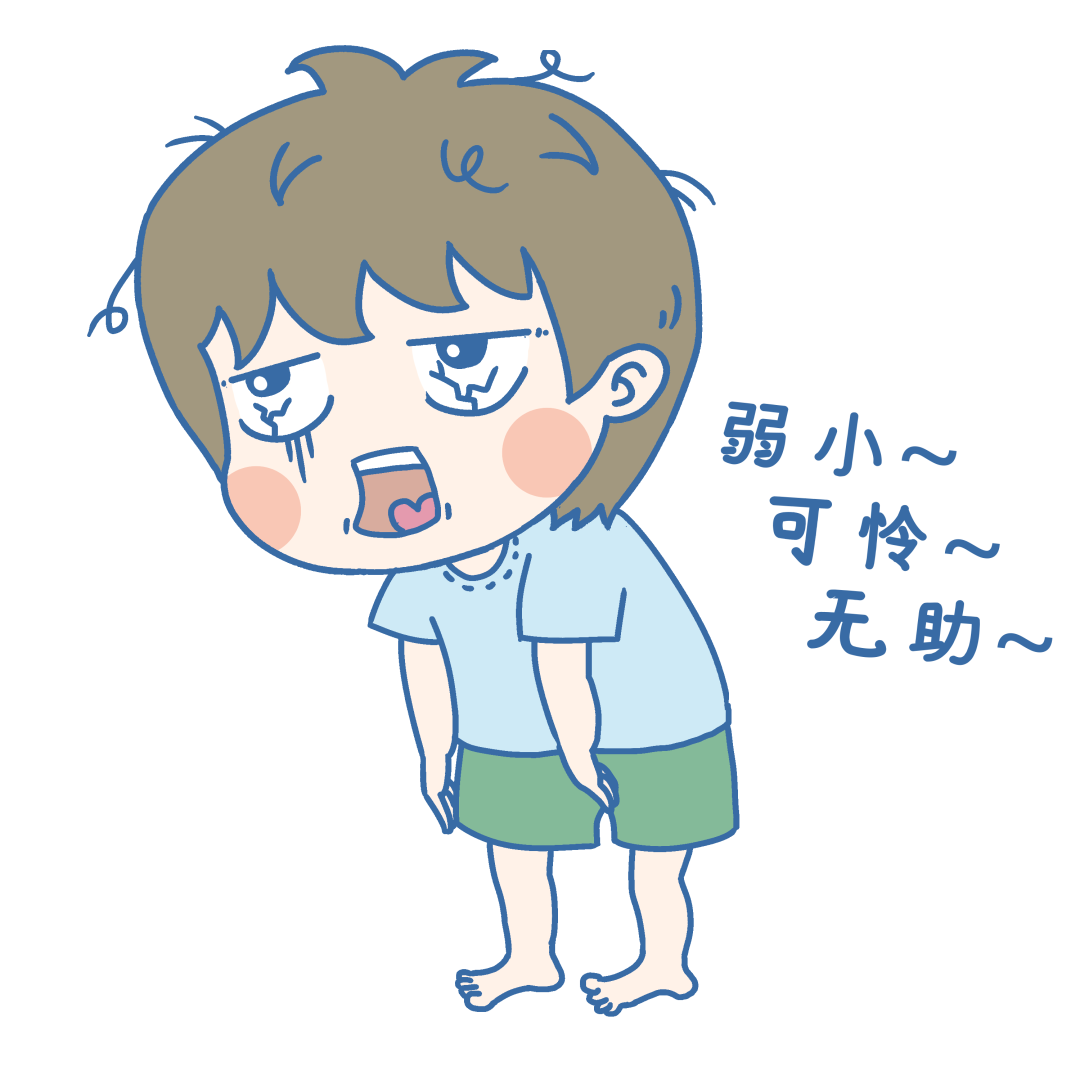If the child is beaten, should he be beaten back? It has always been a problem that plagues many parents!
Three common ways for parents to deal with it
I feel uncomfortable, but stay away from the scene first
Some parents will immediately take their children away from the scene in order to avoid escalating conflicts after the baby is beaten.
Children are already easily distracted, and changing scenes and playmates is really useful most of the time. But the actual problem has not been solved at all, but the adults have escaped this social conflict with the baby.
For the child, he still does not know what to do with it correctly. Dodging again and again may form a character that escapes when encountering difficulties, timidity, and dare not contact people.

"Countering violence with violence" means that if you are beaten, you must be beaten back
Now more and more parents will tell their children that "if someone hits you, you hit back".
Simply encouraging "fighting back" is tantamount to countering violence with violence, and perhaps at that time it was possible to dispel the grievances in her heart, but after the baby beat her back, she was beaten more seriously.
Your child will question your "advice" – it turns out that calling back doesn't protect yourself but will hurt you more.
Moreover, the child's mind is not yet mature, and it is difficult to ensure the strength and necessary limits of "fighting back", which is likely to escalate the fight and become a hurtful party.
Therefore, simply telling the baby to "fight back" does not actually allow him to correctly express his thoughts and protect himself in the face of conflict.
"Hate iron is not steel", think that children instigate, label
There are also parents who see that the baby cannot be beaten back, so they label him as "timid, cowardly, and instigated", which is obviously not right.
Studies have confirmed that 80% of children will not choose to fight back when attacked, but will adopt the avoidant behavior of giving in, crying, and letting the other party grab the toy. That is, "not to fight back", in fact, the behavior that most children will appear, not your family's "extra" encouragement!
The root cause is that in the face of such conflicts, children do not know what to do.
Teach children to distinguish between situations and treat them differently
"Fight or not fight back" is not a simple opposition, and the specific situation should be clearly distinguished. Hitting a child may be intentional or unintentional; it may be targeted or untargeted.
If the child's beating is just an accident, because of mistakes or fun, this situation can teach the child to be tolerant.
In the face of targeted and deliberate bullying, you should resist. And there are many forms of resistance, in addition to fighting back, how should children be taught?
(1) Tell the child: If someone hits you, be sure to shout out loud, show your attitude, and tell the other party: "Don't hit me!" It's not right to hit someone! "Shout out loud when necessary!"
(2) If the other person still hits himself, you grab the other person's hand or twist the other person's ear, push away, stop the other party, and quickly get out to ensure that there is no more serious injury.
(3) If the other party continues to chase or the scene is uncontrollable, immediately look for the protection of the adults around you, which can be teachers and parents. It is not necessary to turn to external forces every time, but let children understand that when they are unable to cope, teachers and parents are people who can protect them.
(4) Tell your child that you must have some good friends on any occasion. People who are really easy to be bullied are often isolated. Only when it is integrated into the collective, it has the power to deter danger.
(5) The most critical point, no matter what you encounter outside, be sure to tell your parents. Many children do not say a word when they are bullied by others outside, and dare not tell their parents, because in their growth experience, after telling their parents, what they have exchanged is not comfort, but blame.
Do these 2 points well and the child will become
"Not good"
Fighting seems like a small thing, but it affects the growth of children's personality, and parents do not want their children to be "wolves", nor can they bear to let him be a "sheep". The key is to establish the child's awareness of self-protection and guide the child to solve the problem by himself.
If you want your child to be less bullied, parents must accompany their children to do 2 things: one is "strength training" and the other is "picture book introduction", such as "Learn to say "no" loudly" "".
Do not underestimate the child's strength training, teacher Li Meijin once said: children must have physical exercise from an early age, as long as the child has exercise, he has explosive power, and it is not easy to be bullied if there is explosiveness!
Therefore, parents should often accompany their children to outdoor sports, swimming, touching and jumping, playing scooters, playing roller skating, walking balance, climbing and so on.
Why does the editor recommend the introduction of picture books instead of directly telling children about bullying? Because adults think to a large extent less comprehensive than picture books, and parents can supplement on the basis of picture books, which is more conducive to children's understanding and understanding.
That's it for today's sharing, I hope it's useful to you!